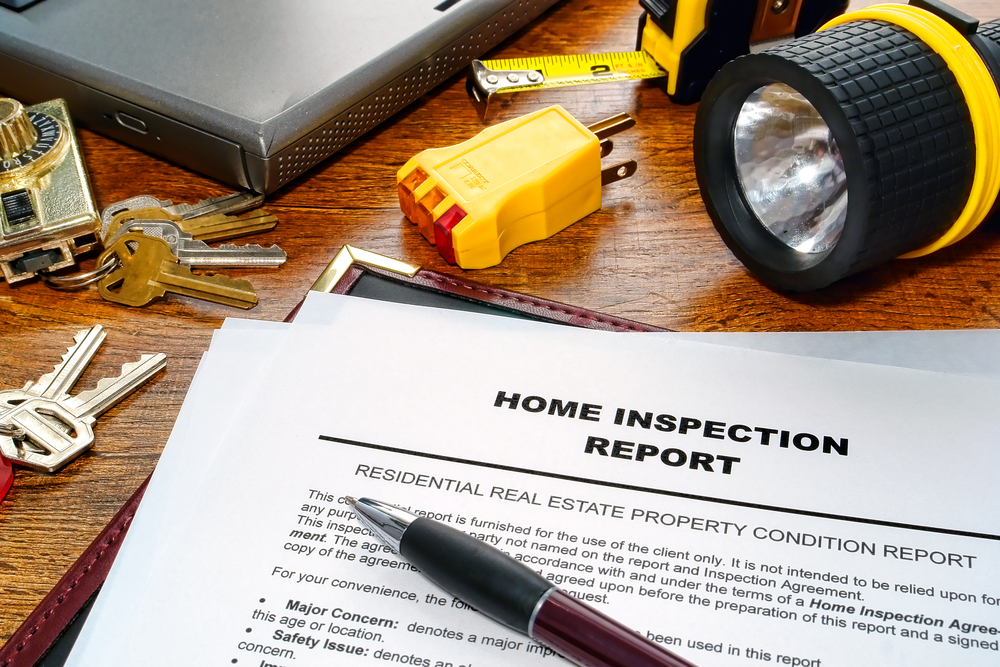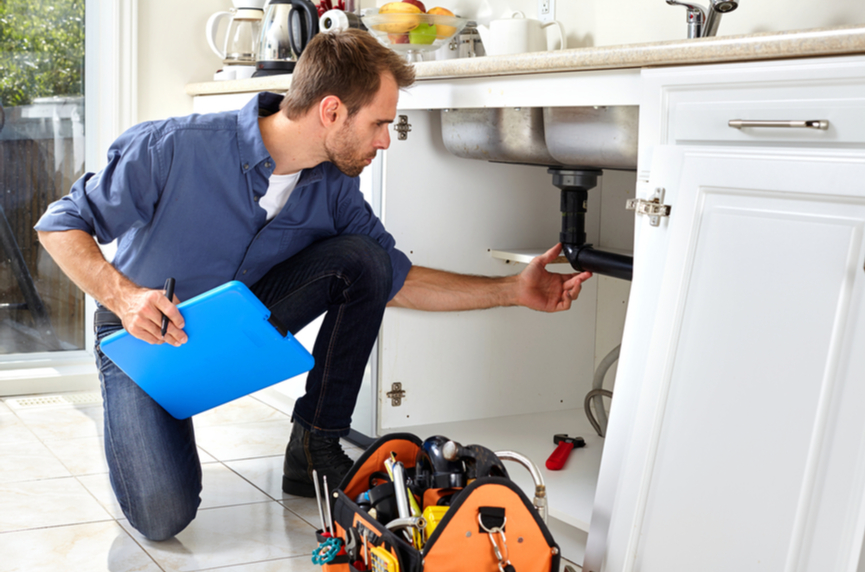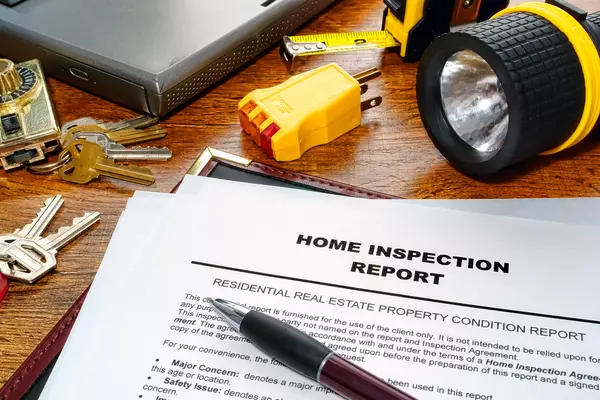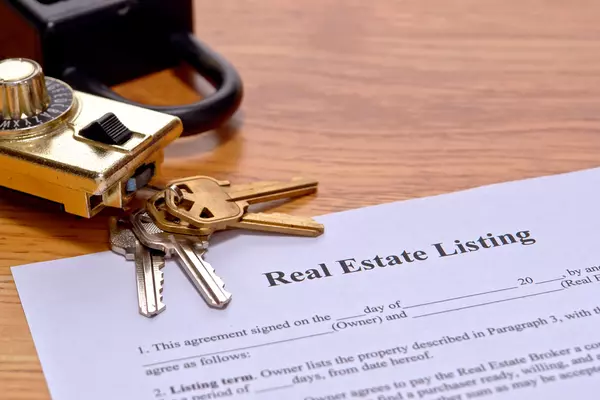Know What to Expect at Your Home Inspection
 Know What to Expect at Your Home Inspection
Know What to Expect at Your Home Inspection
So you made an offer and it was accepted. Now, the next task is to have the home inspected prior to closing. A contract should always be contingent on an acceptable home inspection.
This contingency allows you to ask the sellers to do some repairs prior to closing, renegotiate the price in lieu of repairs, or in some cases, to walk away. Your agent can advise you on the best course of action once the home inspection report is received.
How to Choose an Inspector
I have a list of inspectors that I’ve worked with in the past that I can recommend. If you decide to research on your own, here are some things you may want to consider.
1. Qualifications – find out what’s included in your inspection and if the age or location of your home may warrant specific certifications or specialties.
2. Sample Reports – ask for a sample inspection report so you can review how thoroughly they will be inspecting your home. Most home inspection reports are 20+ pages and the best ones are very detailed.
3. References – do your homework – ask for phone numbers and names of past clients who you can call to ask about their experiences.
4. Memberships – Not all inspectors belong to a national or state association of home inspectors, and that’s OK but membership in one of these organizations often means that continued training and education are provided.
5. Errors & Omission Insurance – Find out what the liability of the inspector or inspection company is once the inspection is over. The inspector is only human, after all, and it is possible that they might have missed something they should have seen.
During the Inspection
Attend your home inspection if at all possible, or be there for the last 30 minutes. Inspections usually take several hours. If you attend, the inspector can point out anything that should be addressed or fixed. Most times they’ll also go over regular home maintenance that they recommend. They can also point out things like where the water supply shut-off valve is, what type of plumbing the house has, where the mechanicals are located and how to get to them, etc. It’s a great time to start getting familiar with the home you’re purchasing.

Don’t be surprised to see your inspector climbing on the roof or crawling around in the attic and on the floors. The job of the inspector is to protect your investment and find any issues with the home, including but not limited to:
- the roof
- plumbing
- electrical components
- appliances
- heating & air conditioning systems
- ventilation
- windows
- the fireplace and chimney
- the foundation
- and so much more!
Bottom Line
They say, ‘ignorance is bliss,’ but not when investing your hard-earned money into a home of your own. Hire a home inspector you can trust to give you the most information possible about your new home so that you can make the most educated decision about your purchase.
Categories
Recent Posts










